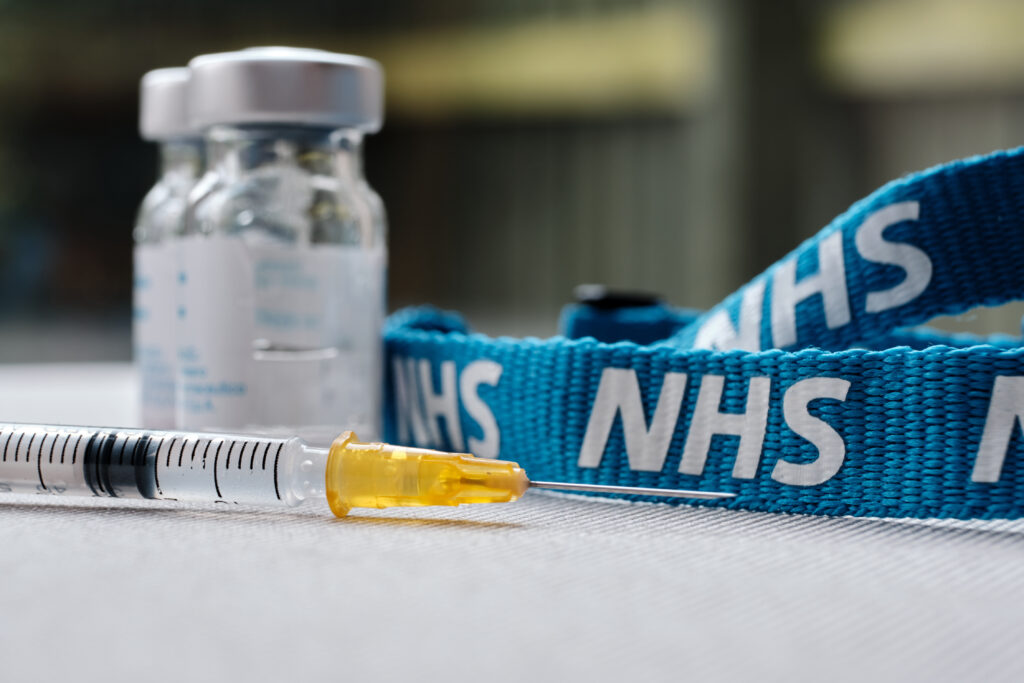Restoring access to NHS services will take almost a decade while accessing treatment more quickly is the biggest driver for Brits accessing private healthcare, according to a report from the Institute for Public Policy Research.
The report’s authors surveyed more than 2,000 adults last summer finding 41% went private so as to be treated more quickly.
But among its findings the survey also found that 20% went private to get access to treatment not available on the NHS, while 19% thought the quality of care was better and around 10% always went private.
The think tank’s analysis also concluded that even if the next government matched previous rates of improvement, it would take nearly 10 years to recover levels of access in the NHS
Its report examined the state of the UK by focussing on the challenges facing the NHS, schools, and the justice system, which the next government will need to address, and set out a plan for progress.
The report found public service reform in this decade has been carried out at a much slower pace than historical trends and has failed to keep pace with rising demand and, more recently, rising costs.
It points out that the 1.3% average growth in healthcare funding between 2010 and 2019 is significantly below the 3.3% funding growth that the Health Foundation research predicted would be needed to maintain service levels, and even further below more recent IPPR estimates of healthcare funding need.
It further concludes that this funding pressure has combined with the impact of the pandemic to put the NHS in a “deeply concerning” position.
This is most evident in the backlog in care and rising waiting times for services, with recent IPPR research showing citizens are now waiting longer and targets are being missed for both acute care in hospital and GP appointments, while elective waiting lists in England have reached nearly 7.8 million people.
The report’s authors find while these backlogs were undoubtedly affected by Covid-19, declines in performance also pre-date this.
It added experience of people using the service has also got worse amid a rapid decline in public satisfaction. This overall reduction in satisfaction has also been reflected in people’s individual experiences of healthcare – including how satisfied they are with their interactions with healthcare professionals.
While as recently as 2010 the UK was ranked above most comparable countries on the quality of clinical communication – such as doctors providing clear information, spending enough time with patients and making joint decisions with patients, over the last 10 years this measure has fallen behind other countries.
And while outcomes have largely improved with ongoing improvements in technology and treatments, the UK still lags behind its neighbours on quality outcomes such as survival rates of major conditions, including cancer, cardiovascular disease and dementia.
The think tank added that if the UK had matched its European peers on avoidable mortality in the decade beginning 2010, there would have been more than 240,000 fewer deaths during the period.
